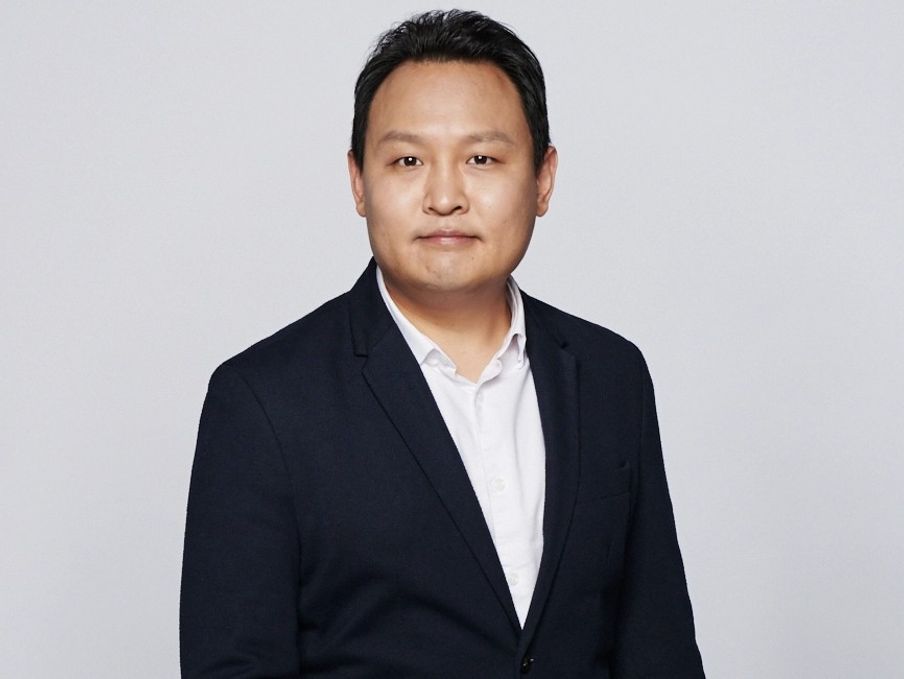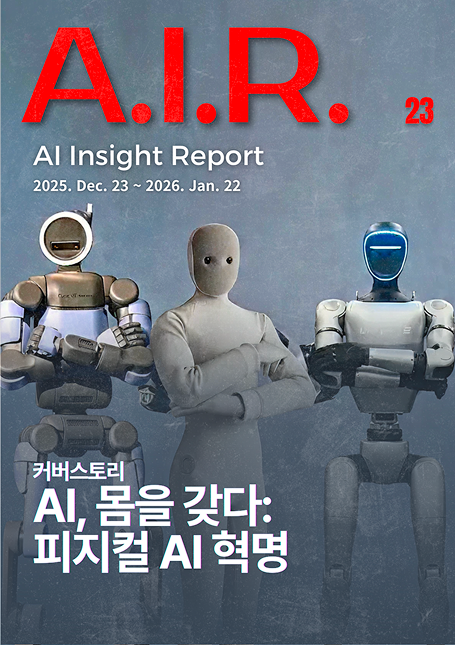Lunit prepares for the next decade with AI platform

Lunit plans to develop AI platform to detect and analyze cancers, offering potential solutions for cancer treatment.
The emergence of omnipotent AI, often referred to as artificial general intelligence or AGI, has raised concerns across various sectors. While repetitive and labor-intensive tasks have long been expected to be replaced by AI and robots, knowledge-based professions such as lawyers and doctors have traditionally been considered resilient to such challenges. However, the rise of AGI has reshaped these expectations.
Contrary to the assumptions that doctors might resist adopting AI solutions for diagnosing and treating patients, they are, in fact, eager to embrace advanced software to enhance their medical performance for the benefit of their patients, according to Anthony Paek, the chairman of the board at the medical AI solution firm Lunit.
“As we've talked with doctors, we’ve found that they do not have any aversion to AI technology. Instead, they express a desire to receive assistance from computer software, but they have not been satisfied with the accuracy and performance of the available solutions," Paek said in a recent interview with The Miilk at the firm's headquarters in Gangnam, Seoul.
"In reality, doctors are quite willing to embrace AI solutions and are eagerly awaiting the availability of more advanced options in the market.

AI enhances human doctors
AI has already proven it could outpace humans in many areas, including the medical sector. Lunit’s solutions, in particular, have gained recognition for their accuracy. In a research project conducted by the state-run Seoul National University College of Medicine, the Lunit Insight CXR, designed to detect lung cancer, significantly improved cancer detections. Using the CXR, doctors were able to find more solitary pulmonary nodule cases, 31 out of 5,238, compared to 13 when making diagnoses independently.
In another project by Karolinska Institutet, a Swedish institute for medical education and research, the use of Lunit’s Insight MMG improved an average detection rate for breast cancer to 4.3 cases per 1,000 individuals. It used the radiology images of 55,579 females. The rate is higher than 4.1 recorded when two human radiologists participated in the monitoring process.
However, these demonstrations were merely an entry into the primary arena for Lunit, according to Paek.
“When it comes to hospitals and clinics purchasing and implementing Lunit's solutions and services for their medical practices, it's a different ballgame,” said the chairman, emphasizing the firm’s commitment to expanding its global customer base.
Preparing for the next decade
Founded in 2014, Lunit has consistently showcased AI’s positive impact on the medical sector. Recognizing AI's potential to transform the world from the outset, Paek chose the medical industry, often associated with high entry barriers, as its target.
If the past decade served as a period for validating AI's effectiveness in the medical field, the next ten years will be dedicated to establishing a foundation to combat cancer, he added. The Seoul-based AI firm has a plan to create an AI platform capable of collecting data from its solutions distributed to clinics and hospitals worldwide, and analyzing the data for enhanced cancer detection.
"Developing the AI platform is a long-term endeavor for the the next decade, just as we invested in developing Insight solutions over the past ten years," he explained. The platform, named Lunit Scope, will play a pivotal role in assessing the potential positive impact of specific medications on cancer, contributing to the company’s ultimate goal of conquering cancer.
Currently, many countries restrict modifications to medical devices and solutions once they are deployed for medical purposes. However, there is an expectation that such strict regulations will be relaxed in the coming years as the demand for advanced technology continues to grow, according to Paek. With lessened rules, companies like Lunit, are expected to be able to easily upgrade the hardware and software of AI devices and solutions.
Expanding partnerships with global governments is a fundamental aspect of the firm's business expansion strategy, as governments play a key role in establishing and implementing medical policies, he said.
In New South Wales, Australia, Lunit is currently running a pilot program with the state government for breast cancer detection. The company's solutions will be utilized by default for breast cancer detection in the region. Successful results are expected to lead to wider adoption in clinics and hospitals across Australia in the coming years.

‘2025 will be turnaround year for Lunit’
Since the AI firm went public in 2022, it has recorded consecutive operating losses, causing concerns among market analysts and investors. Despite these lingering losses, the Lunit chairman remains confident in the company's plans to achieve a turnaround by 2025.
Currently, most of the company's expenses are attributed to research and development, including a team of 13 doctors, employees responsible for obtaining approvals from food and drug administrations in various regions, and developers. According to Paek, the company does not anticipate a significant increase in expenditures.
"The company aims to maintain its current spending levels while doubling sales in the future," he explained.
In 2020, Lunit reported an operating loss of 21 billion won($15.6 million), which increased to 45.7 billion won($34 million) in 2021 and further to 50.7 billion won($37 million) in 2022. Over 70% of its revenue comes from global markets, including Japan.
Riding the momentum generated in the AI industry earlier this year, Lunit's stock price surged from 36,092 won on March 31 to a closing price of 240,294 won on Sept. 8. However, following this peak, the stock experienced a drop, falling to 137,000 won on October 20.









